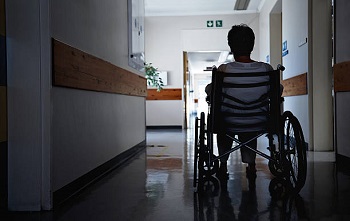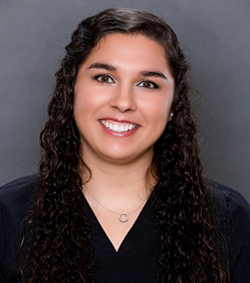
Depression, Anxiety, and Suicide Prevention - Online Inservice
Although the certified nursing assistant can’t diagnose depression, their role in recognizing and reporting changes in residents to the nurse in charge can enhance the recognition of mental illness in their patients. Given that CNAs most often have more day-to-day contact with residents, they are in an exceptionally good position to recognize the symptoms of anxiety and depression in the patients they care for.
It's not uncommon for someone with an anxiety disorder to also suffer from depression or vice versa. Nearly one-half of those diagnosed with depression are also diagnosed with an anxiety disorder. Elderly mental health is tricky. The signs, symptoms, diagnosis, and treatment all vary from mental health issues in younger demographics.
This course will equip CNAs with the knowledge necessary to recognize the signs and symptoms of depression and anxiety in people of all ages, as well as learn the treatment options and prevention strategies.
Questions? Check out our FAQs page and How Online IV Certification Works!
Objectives
Upon completion of this course, the participant will be able to:
- Define depression and anxiety and their causes.
- Identify the signs and symptoms of depression and anxiety.
- Know how to care for people with depression or anxiety.
- Understand the warning signs of suicide and how to prevent it.
Curriculum
Chapter 1: Depression
- Definitions and Causes
- Signs and Symptoms
- Depression in Older Adults
- Caring for Patients with Depression
Chapter 2: Anxiety
- Definitions and Causes
- Signs and Symptoms
- Caring for Patients with Anxiety
Chapter 3: Treatment and Prevention
- Treatment of Depression
- Music Therapy
- Treatment of Anxiety
- Prevention of Depression and Anxiety
Chapter 5: Suicide Prevention
- The Warning Signs
- The Hidden Risks of Suicide in Long Term Care
- Suicide Prevention
Chapter 5: References
Price: $10.00
Contact Hour: 1

Course Author

Kendall Moore
Kendall is a 2022 Magna Cum Laude graduate from Tyler Junior College with an Associate Degree in Nursing. She has a deep passion for nutrition and hormone health, is a member of the American Holistic Nurses Association, and is currently enrolled in Pacific College's RN-to-BSN in Holistic Nursing program. Upon graduation, Kendall intends to begin a Nutritional Therapy Practitioner program to further expand her expertise.
In addition to her academic and professional pursuits, Kendall serves as the Chief Operating Officer of Pedagogy, where she manages the day-to-day operations of the company while simultaneously attending school and authoring educational courses. Her unique blend of leadership, clinical knowledge, and dedication to holistic health reflects her commitment to advancing both patient care and healthcare education.
Read Full Bio